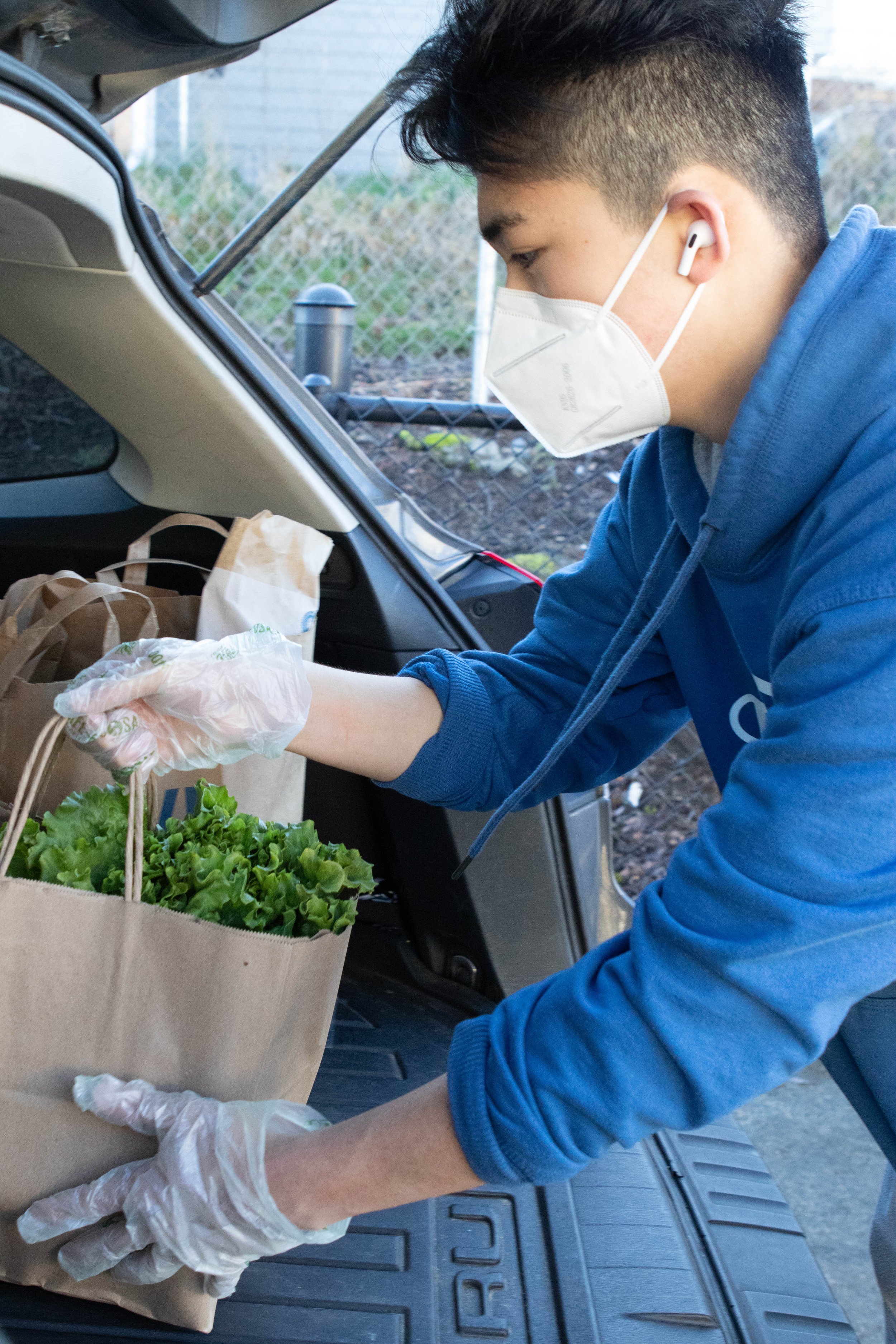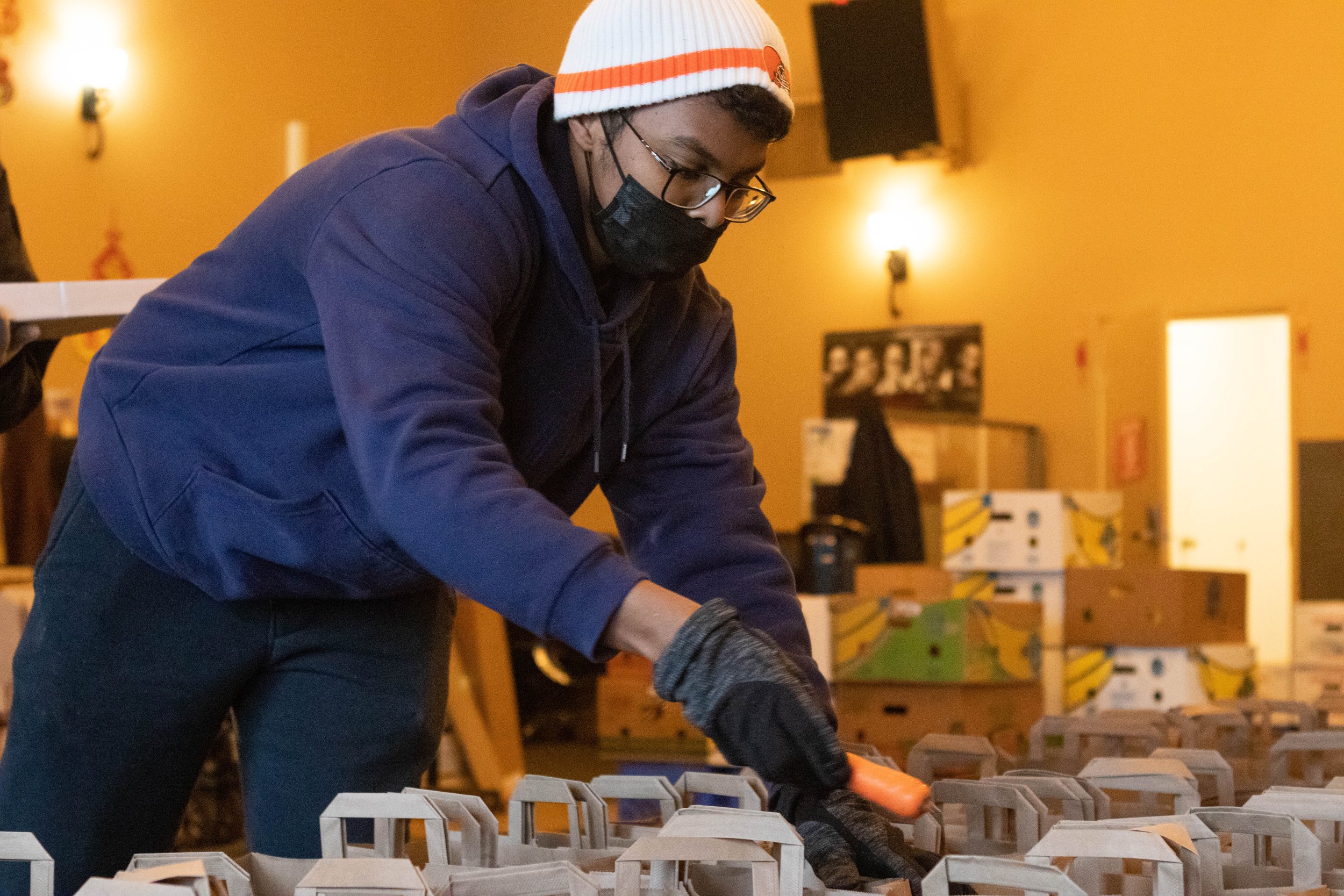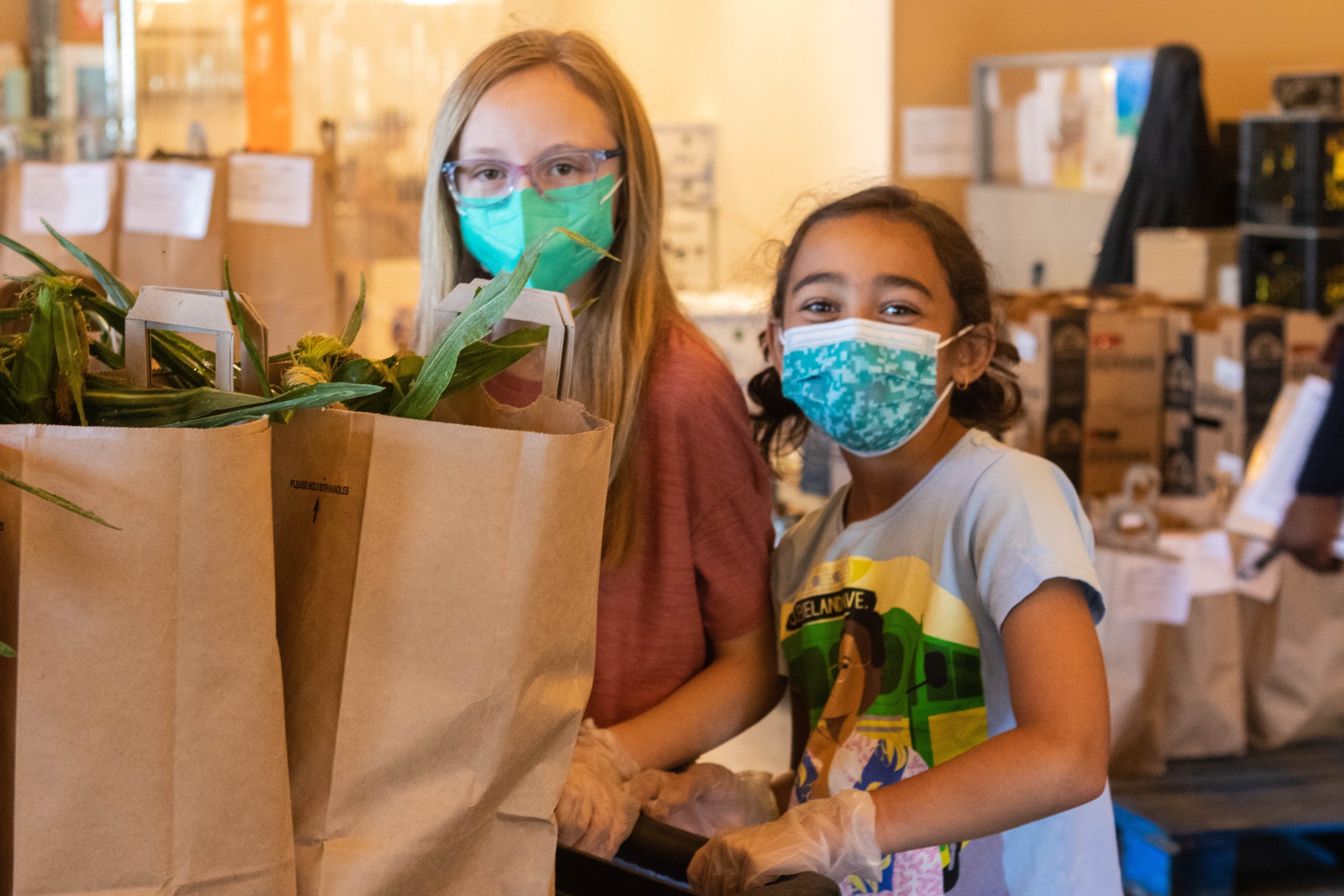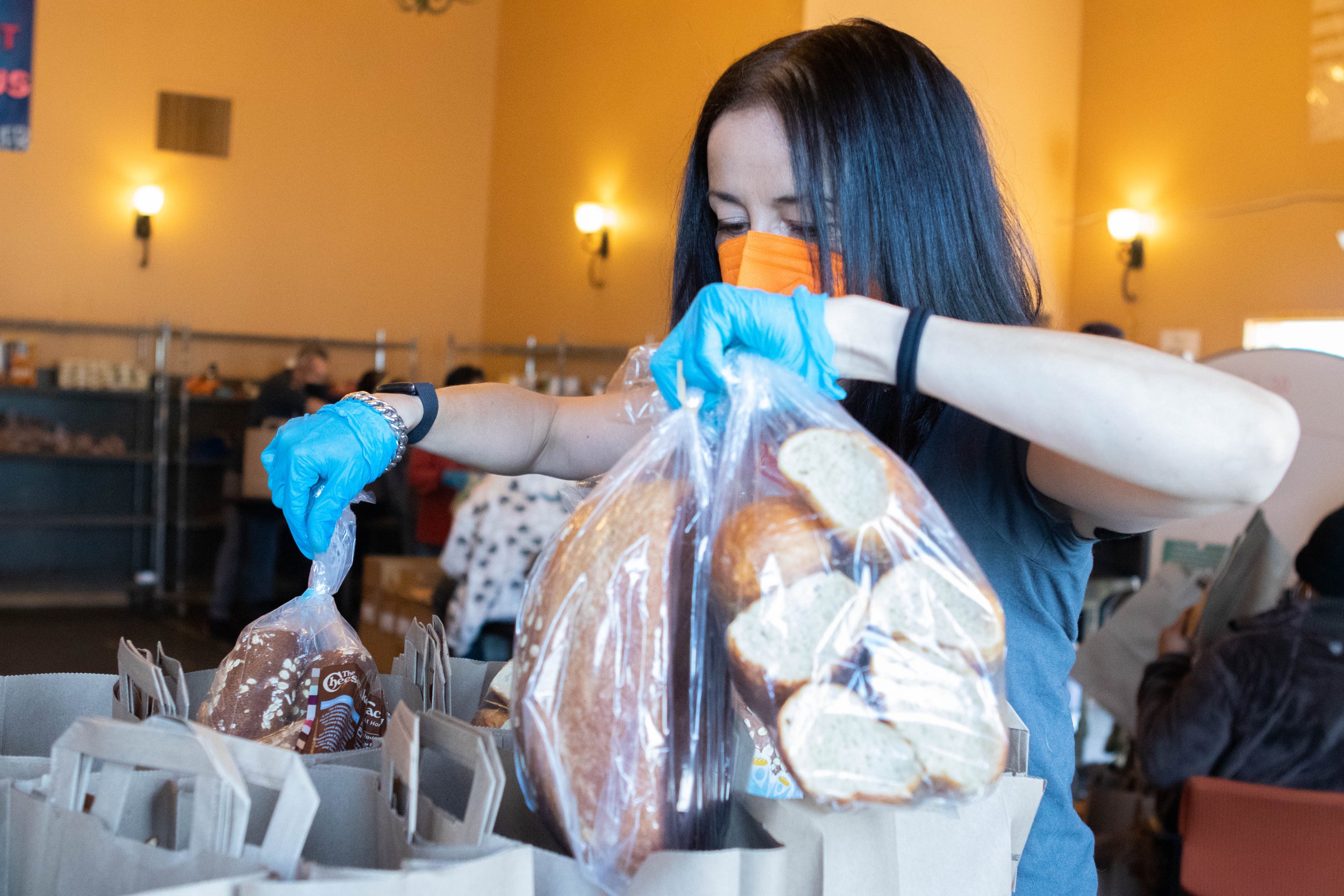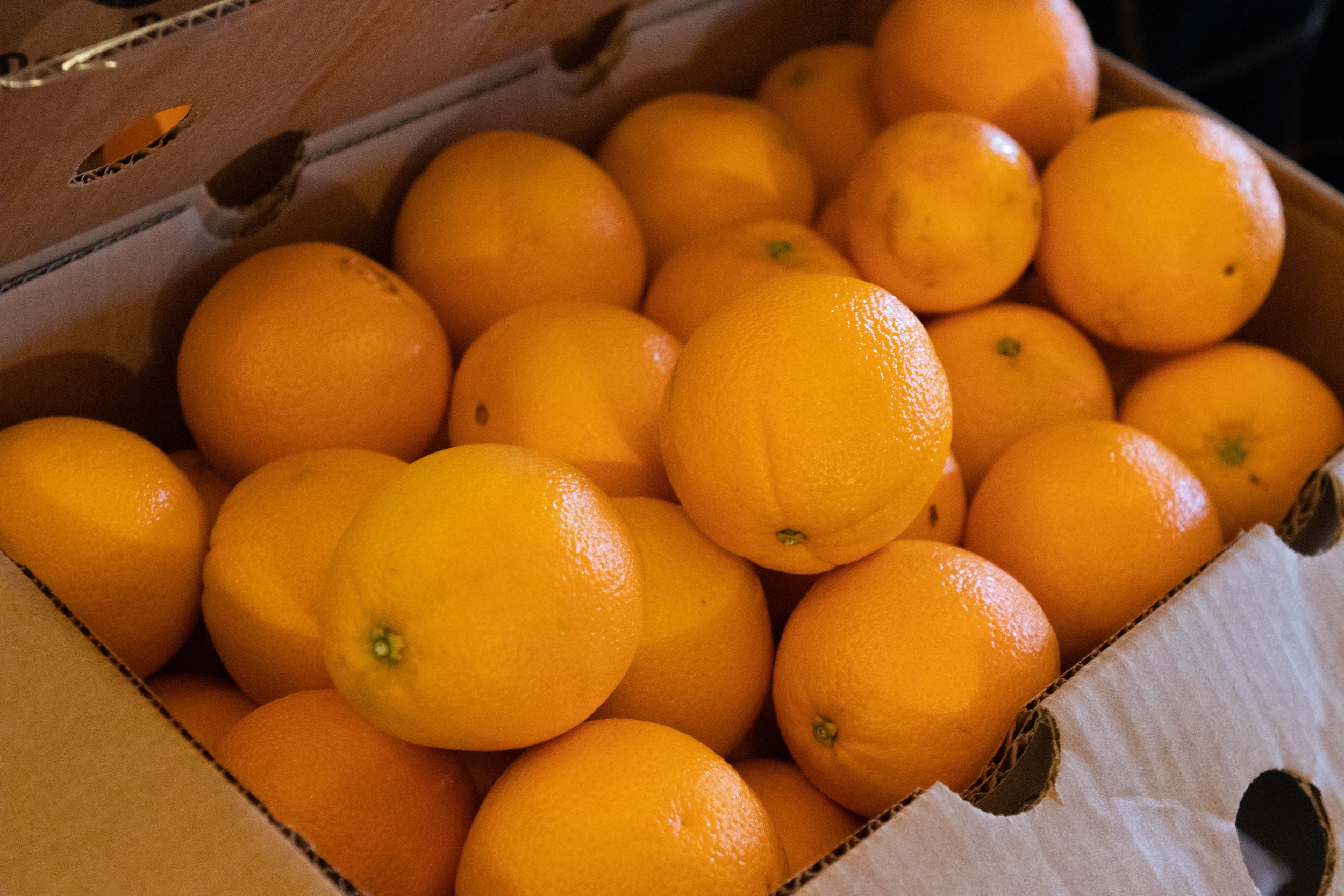
donate food & items
How to Donate
We are open and available to accept donations on Tuesday through Friday from 10:00 AM - 2:00 PM. If you have any questions, please email us at donations@rvfb.org. Thank you for joining us in ending hunger in South Seattle!
In 2022…
1,3 million lbs.
of food were distributed through RVFB.
650,000 lbs.
of food were donated to RVFB.
In-Kind Donations
From food donations to gift cards and much more, we’re grateful for your gift. Please complete our donation form so that we can be sure to note your contribution. Please note, we do not accept donations of clothing.
Food Donations
All items must be in unopened containers
Seasonings
Cooking Oil
Fish Sauce
Soy Sauce
Gluten-free Foods
Bread or Flour
Dry Goods (Rice & Pasta)
Frozen Produce
Infant Formula
Canned Chicken, SPAM & Tuna
Soy, Rice, or Almond Milk
Item Donations
Paper Grocery Bags
Hygiene Items
Dog & Cat Food
Diapers
Toothbrushes & Toothpaste
Shaving Supplies
Feminine Hygiene Products
We accept donations of both fresh and shelf-stable goods as well as non-food personal care items! Make your donation in person or consider shopping our Amazon wish lists.
Host a Food, Fund & Item Drive
Our Food and Fund Drive Kit sets you up with all the tools and information to help make your Food or Fund Drive a success!
Bulk Donations: Farms & Gardens
RVFB strives to provide a variety of fresh, locally sourced produce as well as seeds and plant starts to encourage home growing. We gladly accept small and large amounts of produce from home gardens, p-patches or farms.
Please keep the following in mind when donating produce:
Please try to donate produce in containers that the food bank can keep. Use of our crates can also be arranged, so that produce can be harvested and distributed from the same receptacle.
Please, no mushy, molding, or close-to-over-ripe produce.
We will need to compost anything that is not fresh & edible. When gauging the quality and lifecycle of your donation, please keep in mind that the food bank pays for food waste removal.
The Seattle Community Farm at Rainier Vista and the Rainier Beach Urban Farm and Wetlands are great examples, growing produce to specifically meet the diets of our major cultural groups served.

